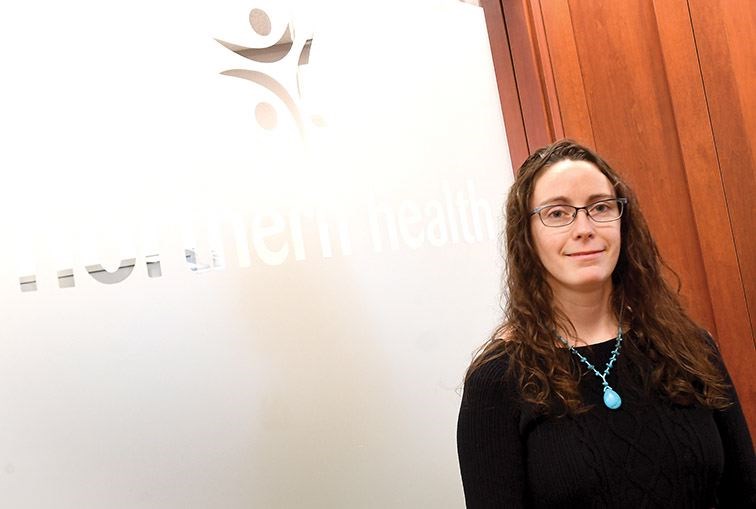Since medical assistance in dying became legal in Canada on June 17, 2016, 59 people within the Northern Health region have used the service.
Within the province and its five health authorities that number is considered typical and 74 per cent of those who used the service within Northern Health are those who had an original diagnosis of cancer, followed by cardiovascular disease and respiratory issues, like chronic obstructive pulmonary disease.
Medical assistance in dying provides patients, who may be experiencing intolerable suffering due to a grievous and irremediable (incurable) medical condition, the option to end their life with the assistance of a doctor or nurse practitioner, according to the province of British Columbia website.
Between males and females, it's almost an even split, with 56 per cent being male and the average age of the 59 people who used the service was 72.
There was only one request where the person died before they were able to receive the assistance and that person made the request to be at a lake when the end of their life came. About half were at home at the time of their death, while others were in hospital, in palliative care, or in seniors residences.
People in B.C. wishing to use assisted dying can choose between an intravenous method or two oral choices using different medications.
The two options for oral medications came about when secobarbital was not available in Canada when assisted dying became legal in 2016 and then was recently made available.
Northern Health's medical assistance in dying care coordinator Kirsten Thomson said that will eventually change to one oral medication choice of secobarbital, which is faster than the other cocktail of medications used to end life.
Those who want to consider assisted dying should speak to their family physician for more information.
Two practitioners in two different interviews need to agree to the request once a person puts it in writing. There is a 10-day waiting period, to ensure the person can reflect upon their choice.
"From my perspective the program is being received well," said Thomson, who believes that some people are still not aware that medically assisted dying is an option in Canada.
"I think as we continue to provide the service - not just in Northern Health - but across the board, it becomes a more normalized part of the care continuum," she said.
"Everyone is committed to making this an extraordinarily patient-and-family-centred experience," she added.
"From the physicians to nursing staff who are supporting the person and even the pharmacists who are dispensing the medications are really working as part of a team to make sure the experience for the individual and their family is what they want it to be."
For more information about medical assistance in dying, visit northernhealth.ca or email [email protected] or call 250-645-6417.


